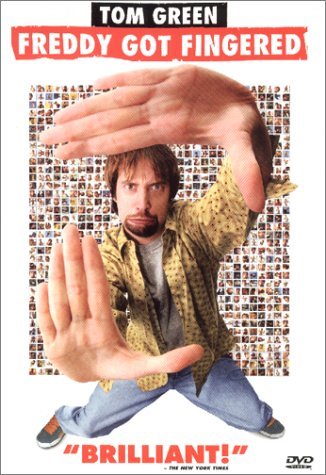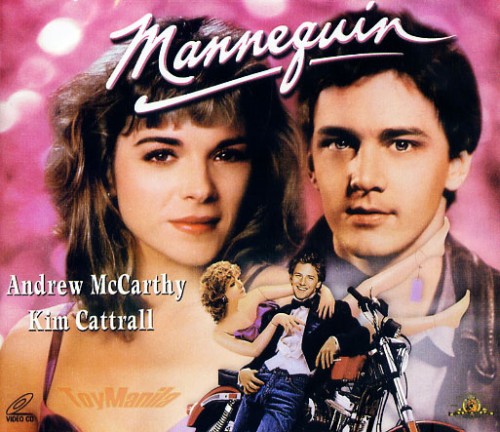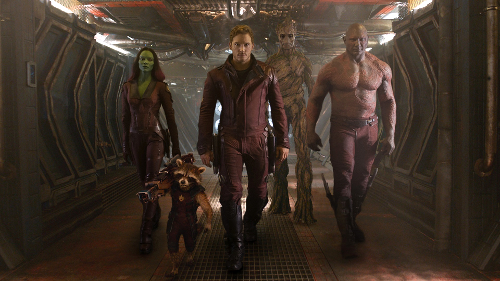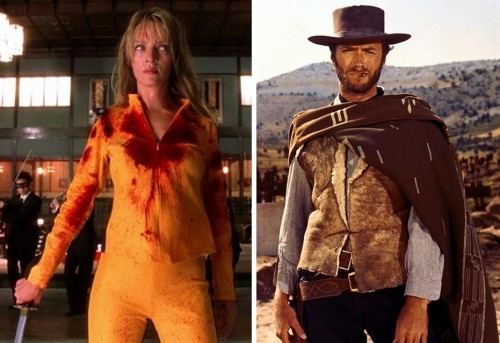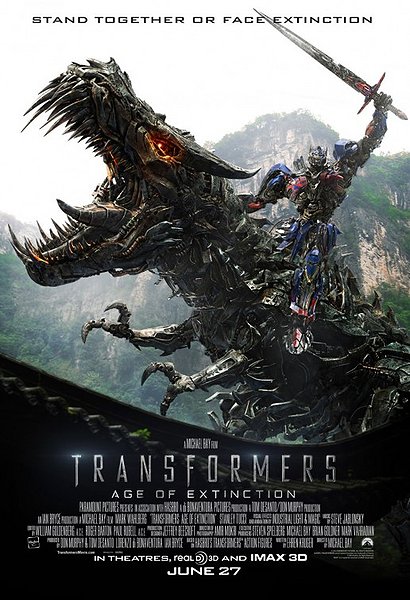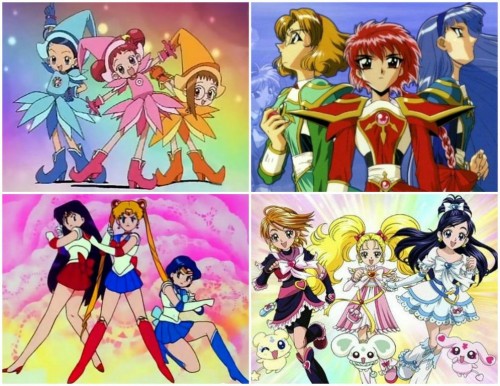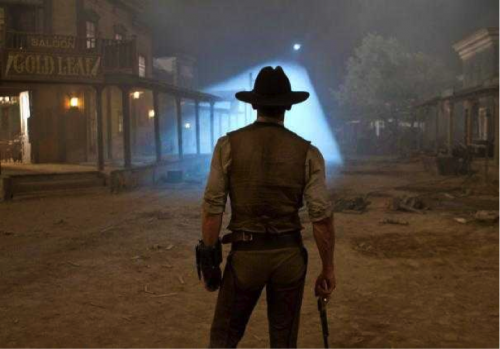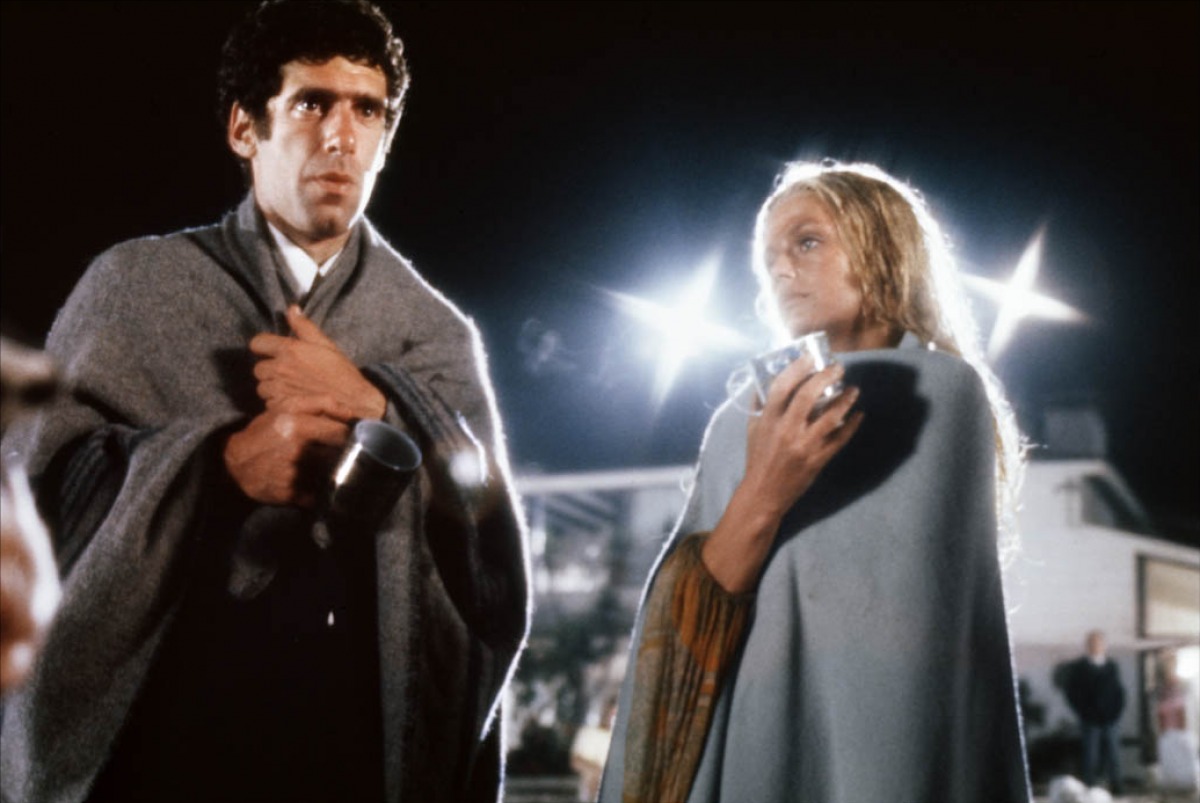When is This Movie Going to End? or, Extended Adolescence and Meta Moments in ‘Freddy Got Fingered’
I know the nineties are over, but I’m still a fan of Tom Green and his eccentric brand of humor. When critics and filmgoers dismiss ‘Freddie Got Fingered,’ I feel it’s for the wrong reasons; to pass the movie off as a cinematic abortion of sorts is narrow thinking. People probably still wonder, “Who gave Tom Green money to make a movie?” I know, it’s like writing a kid a blank check and sending him into a candy store. However, if we’re not receptive enough to uncover the ideas and themes Green presents, and to assess their relevance to Hollywood ideals, celebrity status, and family politics, we need to re-evaluate how we watch film. There’s good stuff to be found in ‘Freddy.’
